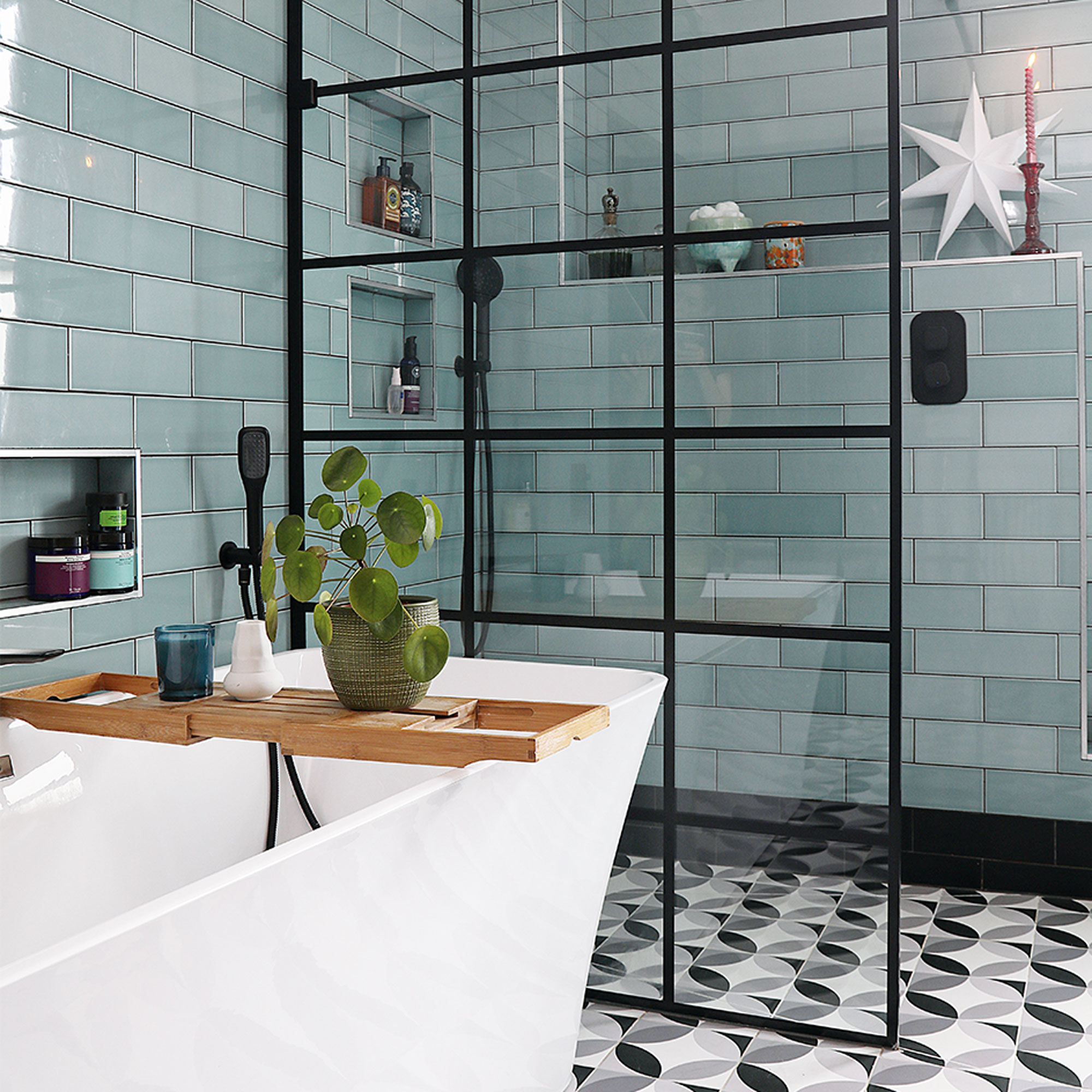
Heating experts are urging people to take colder showers to save money on their water heating costs this winter - and no, it’s not as bonkers as it sounds.
As energy bills have increased this autumn, we’re all looking for ways to save cash where we can, and experts have revealed that taking a cooler shower in winter can help you save on your water heating costs and save money at home.
Now, we’re not asking you to take icy cold showers (unless that’s your thing, of course), but reducing your shower temperature, even slightly, can have a positive impact on your energy bills. Here’s everything you need to know and how much you can save.
Why experts want you to reduce your shower temperature
When the temperature drops, there’s nothing like a nice hot shower or bath to warm you up after a long, busy day. And whether you're a morning or evening showerer, the majority of us shower every day to keep ourselves clean and fresh. But before you next hop in the shower, consider dialling down the thermostat by a couple of degrees.

‘Reducing the temperature of your shower is a simple way to save a bit of extra cash on your energy bills over winter. Heating water for showers is one of the biggest contributors to your energy bill after central heating, so you’re likely to notice a difference by turning the temperature down a bit. Higher temperatures use more energy to heat up the water, so reducing it by a few degrees means less energy used and cheaper showers - it really is as simple as that,’ says Nathan Blackler, Go.Compare Energy spokesperson.
‘Most people shower at about 37oC to 40oC, although some will take them even hotter during winter. We estimate that reducing this to roughly 30°C will help you save around 11p per shower. It might not sound like much initially, but if you have a shower every day, it could add up to around £10 over the winter months and almost £40 if you keep it up for the whole year.’

However, if you have an electric shower, you may not save as much as a boiler-heated shower.
‘This is because the shower unit heats the water to a set temperature and alters the flow to control the temperature. The quicker the flow of water, the faster it passes over the heating element and the cooler it comes out of the showerhead. If you want to make a noticeable difference to your energy bills with an electric shower, it’s best to turn the power setting down and take shorter showers,’ explains William Hobbs, energy expert at MyJobQuote.co.uk. Experts recommend taking a four-minute shower to save energy.
‘It’s not a life-changing saving, but at a time when every little bit helps, it’s certainly enough for you to notice a difference on your bill, so it’s well worth giving it a go if you’re looking to cut costs,’ concludes Nathan.
This handy shower thermometer allows you to keep an eye on how hot your shower is. It has an accuracy of ± 0.5 ° C and measures between 5 and 85 degrees.
Would you consider cooling your shower down to save energy, or do you like it hot?







